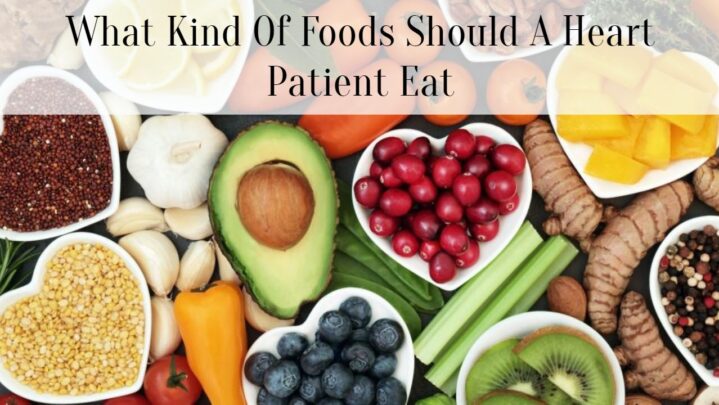Your heart’s ability to pump blood is impacted by what you eat. Altering your eating habits can lower your risk of suffering another heart attack.
Below is a list of items that should be avoided and diets that can be helpful.
What you consume has an impact on your heart. Use these recommendations for heart-healthy eating:
Consume fewer saturated fats. Limit your intake of fatty meats and dairy items with added fat. Eat fewer items like pizza, burgers, and dishes with creamy sauces or gravy.
Limit your sodium intake (salt). Choose items that are lower in sodium by reading the Nutrition Facts label. A few canned soups, canned vegetables, packaged dinners, and snack foods are examples of foods with labels like “low sodium” or “no salt added.”
Have more fiber. To increase your intake of fiber, eat more fruits, vegetables, legumes, and whole grains.
Consume Green Leafy Vegetables
A multitude of vitamins, minerals, and antioxidants can be found in leafy green vegetables including spinach, kale, and collard greens.
They include a lot of dietary nitrates, which have been demonstrated to lower blood pressure, lessen arterial stiffness, and enhance the functionality of the cells lining blood vessels.
Lower risk of heart disease has also been linked in several research to increasing your consumption of leafy green vegetables.
Berries
The heart health-promoting elements found in strawberries, blueberries, blackberries, and raspberries are abundant in these berries.
Antioxidants like anthocyanins, which are abundant in berries and protect against oxidative stress and inflammation that contribute to the development of heart disease, can also help prevent heart disease.
According to studies, consuming a lot of berries can lower the number of heart disease risk factors.
Fish oil and fatty fish
Omega-3 fatty acids, which have been thoroughly researched for their potential to improve heart health, are abundant in fatty fish like salmon, mackerel, sardines, and tuna.
Omega-3 fatty acids from fatty fish may play a preventive function in lowering the risk of heart disease and modestly lowering the risk of CVD events and arrhythmias.
In accordance with a different study, consuming fish regularly is associated with reduced systolic blood pressure, blood sugar, and total cholesterol levels.
Heart disease, depression, and mortality are all connected with lower risks when eating fish.
Fish oil is an additional method for obtaining your recommended daily intake of omega-3 fatty acids if you don’t consume a lot of seafood.





